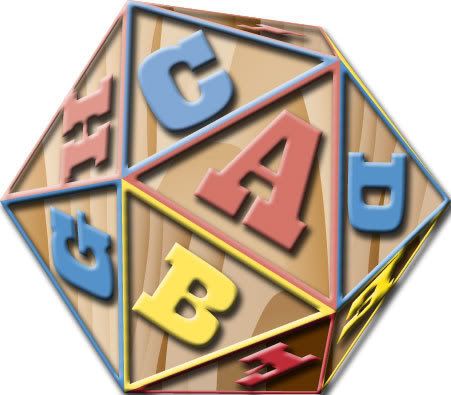Eight-year olds are great. In my culture, this is the age of accountability – the age when a child is fully aware of knowing right from wrong. They are no longer “little kids”; they have become “big kids.” It’s an amazing time of life. Here are some brief characteristics:
Is becoming more coordinated. Wiggles and squirms. Has nervous habits. Plays organized games that require physical skill. Has a good attention span. Wants to be included. Wants to know the reason for things. Is anxious to share his or her knowledge. Thinks he or she knows a lot, but is beginning to recognize that others may know even more. Is judgmental. Has heroes. Enjoys writing, reading, and pretending. Enjoys group play with simple rules. Prefers to be with own gender in group play. Is more cooperative and less insistent on having his or her own way. Wants to have a best friend. Has a strong need for independence, but also relies on adults for guidance and security. Is usually affectionate, helpful, cheerful, outgoing, and curious, but can also be rude, selfish, bossy, and demanding. Is sensitive to criticism. Criticizes self and others. Is sometimes giggly and silly. Experiences guilt and shame.
Suggestions:
Use games that require coordination and allow the child to use his or her energy. Be patient with clumsiness, unpleasant habits, and squirming. Alternate quiet and active periods. Use games, stores, pictures, and problem-solving activities to encourage learning. Use reading, writing, and role-playing. Help the child set realistic goals. Encourage the child to be more concerned about his or her own behavior than that of others. Provide the child with appropriate heroes. Provide opportunities for group interaction, cooperation, and sharing. Recognize that his or her friendships can be intense. Help the child become part of the group if he or she does not have close friends. Let the child work with other children and with you to make group rules and other decisions. Allow him or her to work independently. Help the child recognize and deal constructively with negative emotions. Show interest and enthusiasm. Praise and build self-confidence; do not criticize or compare the child with other children. Recognize the child’s efforts and accomplishments. Let the child enjoy humor when appropriate, and be patient with giggling. Teach him or her that others make mistakes.
There is a lot to be said about unstructured playtime. As an experiment, let the child make up his or her own game rules and just see what happens. Honestly, it most likely won’t be balanced or fair, but it helps stretch their imaginations and creativity. I am constantly seeing my kids making up their own rules. Perhaps you could work with your child to develop some rules together…just don’t dominate the conversation.

No comments:
Post a Comment